I met Georgie through a friend in common before I even opened The Feminist Shop. I remember being so impressed by them that it was almost intimidating, and It was so lovely get their opinion and validation regarding what I was trying to do. I have seen them getting on and off Social Media, I have seen in the distance their amazing project grow and everytime I enter a debate about gender and feminism It's their face what come accross, their knowledge, their kindness.
It has been an absolute pleasure having a chat in video about it all, but while I was at it I asked for the written one as well! And so glad I did!
Who is Georgie Williams and how are you determined to change the world?
I am a specialist in the field of LGBTQ+ welfare, specifically non-cisgender identities from a transnational perspective. I have an MSc in Gender and am on rolling deferral from my PhD placement where I am set to investigate effective mechanisms of queer activism within mainland Europe.
I am the founder of /Queer, an accessible platform for LGBTQ+ histories and resources from around the world, disseminated predominantly through a podcast. We believe in allowing communities around the world to tell their stories in their words as well as enacting reflexive and self-assessing approaches to research and applying a decolonial praxis. At this time /Queer has a listener-base in 95 countries around the world, with the first half of our episodes having been archived at the renowned Kinsey Institute in the USA. I believe that education requires a radical reform and that everyone should have the right to learn about human histories and cultures- and that social change cannot occur until all individuals from all backgrounds are equipped for the same tools for that change. Education is what equips people- and /Queer is my venture into these transformative educational practices.
What is the biggest impact on what you do? the most fulfilling part?
The biggest impact is misinformation surrounding gender and sexuality, particularly gender. We are on the crest of the wave of the transgender rights movement and it is not unreasonable to say that the mainstream media is profoundly biased against the transgender community.
Speaking as a nonbinary transgender individual who has had the privilege to be educated on this niche of a subject, I encounter a lot of resistance based on scaremongering by said media. That said, the most fulfilling part is when you meet people who want to ask what they feel are ‘stupid questions’ about gender and sexuality and allow themselves to be vulnerable in asking those questions or seeking resources. Seeing people embrace all that is exciting and fascinating and awe-inspiring about gender and sexuality variance after that period of hesitancy is absolutely joyful.
What has been your biggest learning since you started this journey?
I have learned so much just from being able to listen to the incredible stories we recorded during this project. /Queer became a podcast when I threw what I had in a rucksack and left the UK for five months to travel through the USA, Japan and Indonesia- and between sleeping on airport floors and nabbing whatever free food was coming my way, I discovered that by and large, people from gender and sexuality variant cultures were dying to tell their story.
So often, gender and sexuality diverse individuals feel underrepresented or misrepresented; taking agency over that representation is not only empowering, but also facilitates empathy and a sense of connection. From meeting with Bugis individuals in Indonesia (whose community recognise five genders and three sexes) to getting deep into the ‘golden age of homosexual Japan’ with esteemed professors, I was continually bowled over by how complex and diverse these communities were and yet, we all experienced some sense of unity. We all felt like how we presented ourselves, who we loved, shaped our world around us, and that was an incredible thing to behold. At times, it felt less like a study of gender and sexuality and more like a study of the human condition.
What is the goal? The big vision of what you would like to achieve?
The big vision is contributing to the protection of gender and sexuality diverse individuals, particularly LGBTQ+ youth. Since I was fifteen, as a consequence of my own rejection based on my sexuality, I have wanted to lend my efforts towards ensuring that one day, it is unthinkable within our culture that any child is shamed or disowned by their family for this core aspect of their identity. Ensuring this happens is a multifaceted mission- it involves educational reform within schools, appropriate media representation and the increased development of services designed to support gender and sexuality variant youth both within and outside of the home. We have a long way to go, but I wholeheartedly believe that the tides are changing on this front.
What is Feminism for you?
Which “everyday sexism” really bothers you?
Do you remember when you start identifying as a Feminist and why?
Who is your biggest feminist role model?
What is your favourite Feminist quote?
What is your proud feminist victory?
What is your feminist recommendation?
- Book: Women Don’t Owe You Pretty by Florence Given- I am equal parts fascinated and horrified by how women and many predominantly feminine-presenting folk are so often expected to present themselves as attractive in order to be respected or listened to. This book deconstructs this issue so effectively.
- tv show: Pose. Seeing trans women and people of colour playing trans women and people of colour is a joy to behold and their characters are so respectfully portrayed. Also, I adore the history of New York’s ball scene, so what’s not to love?
- Film: Nanette by Hannah Gadsby. I know it’s not technically a film, but it is film-length! Her insightful and subversive comedy routine was the most important thing I watched in 2019 and I am continually surprised by the sheer number of people who was moved by Gadsby’s exploration of self-depreciating humour and the effects of that. I cannot recommend it enough.
What is your feminist call of action to whoever is reading?
Organise. The strength of any movement comes in its numbers- we are capable of so much more when we consolidate the various skills and attributes of our community. If you want to enact change on any scale, reach out to your peers and collaborate with the motivation of a shared vision to push you forward.
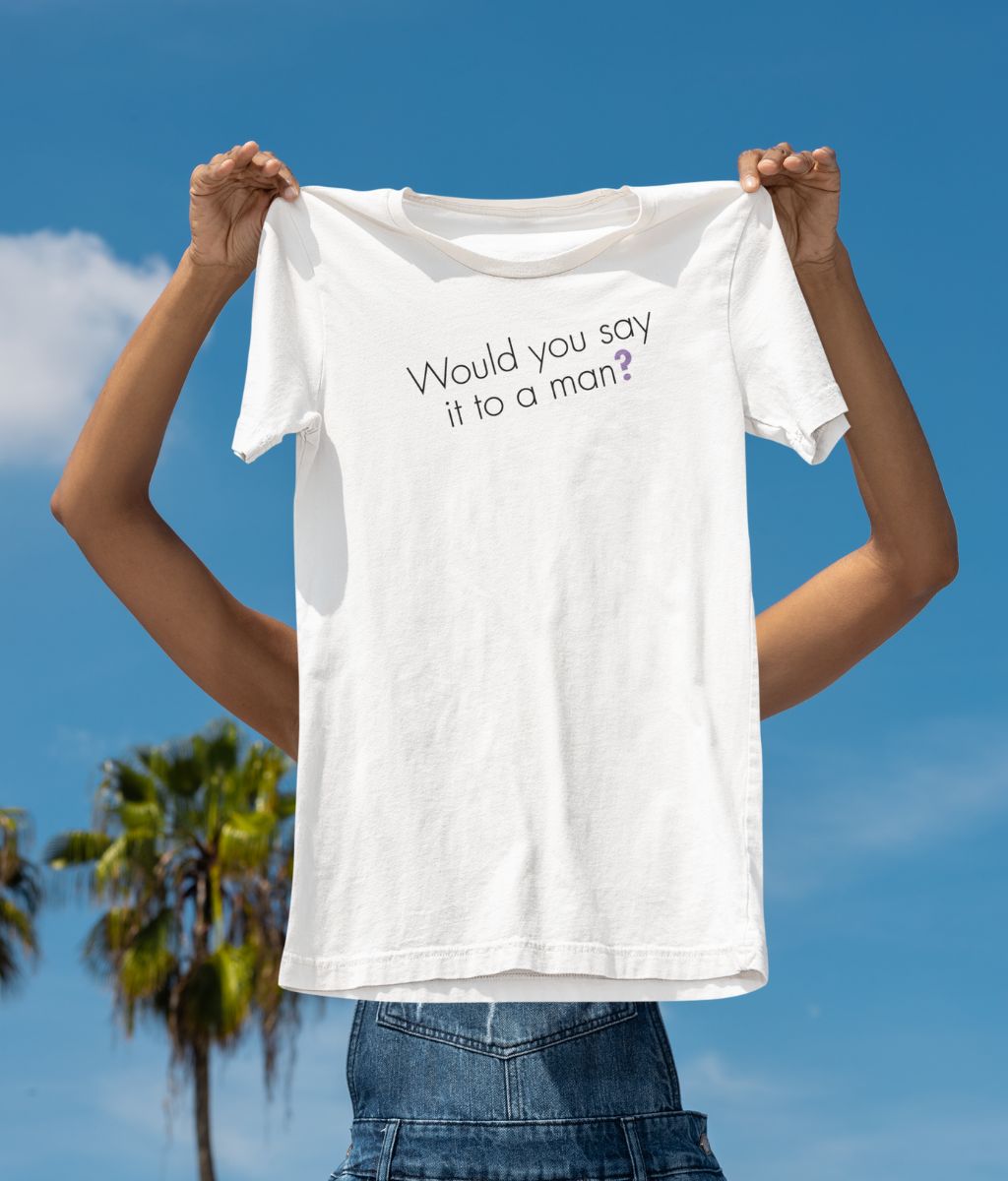
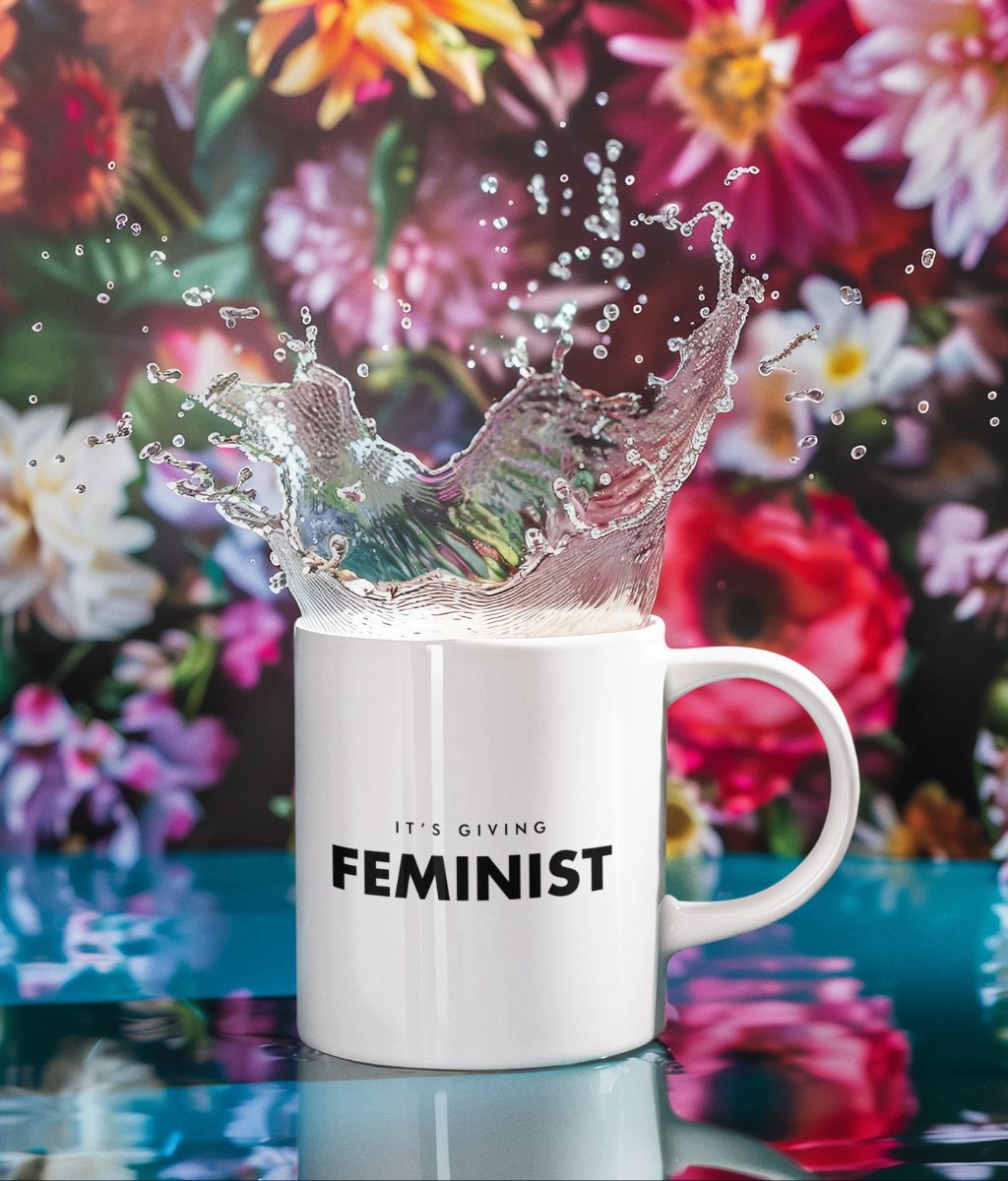

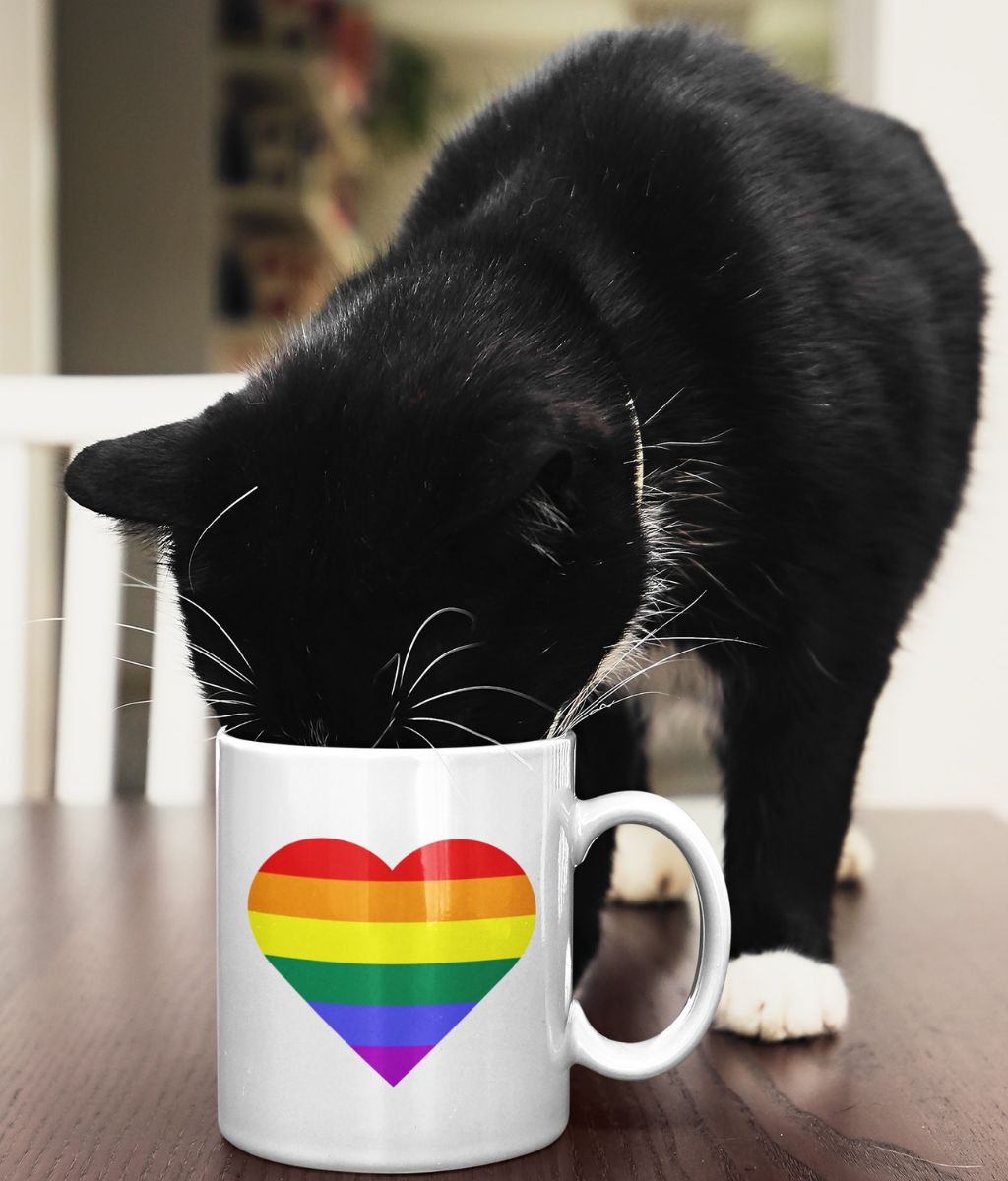
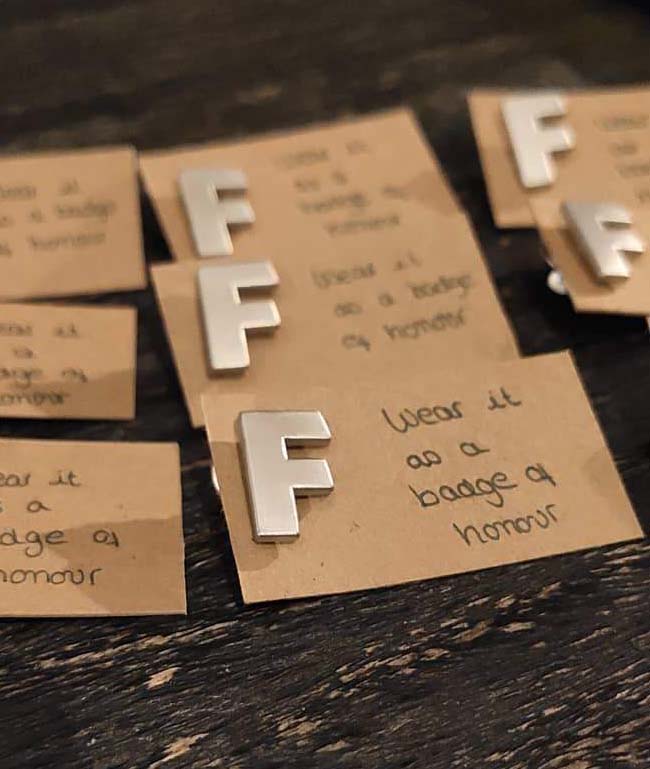
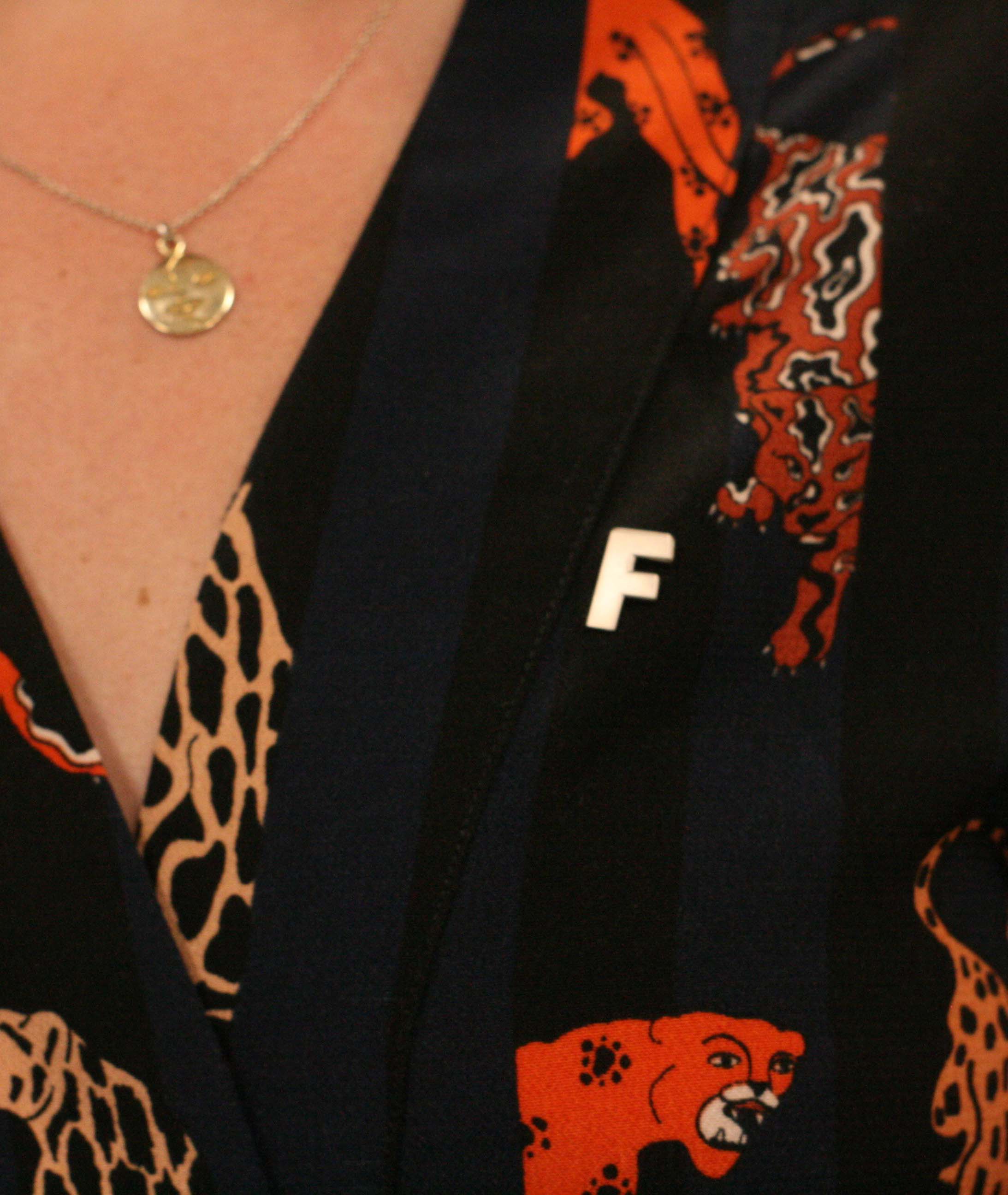
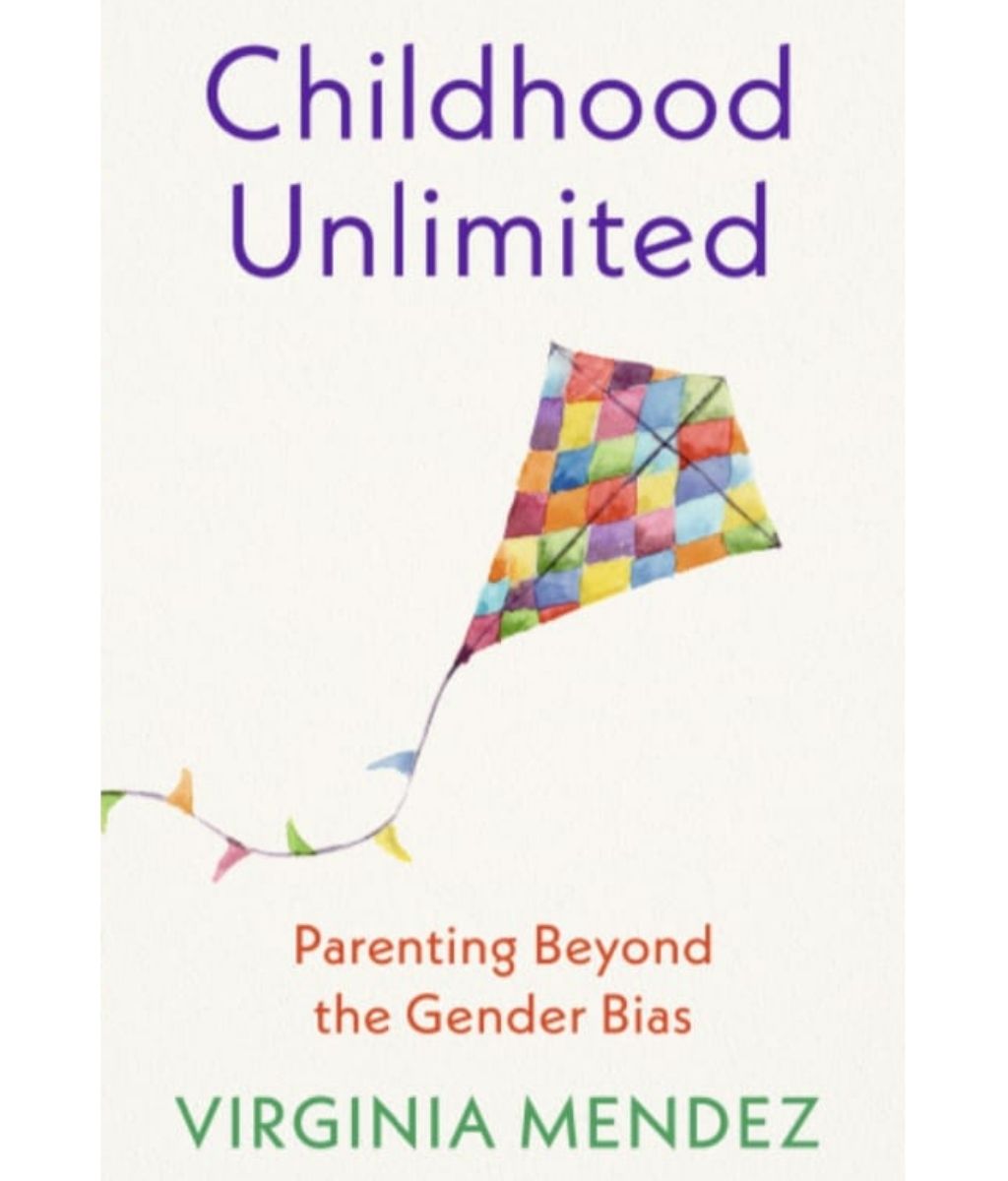
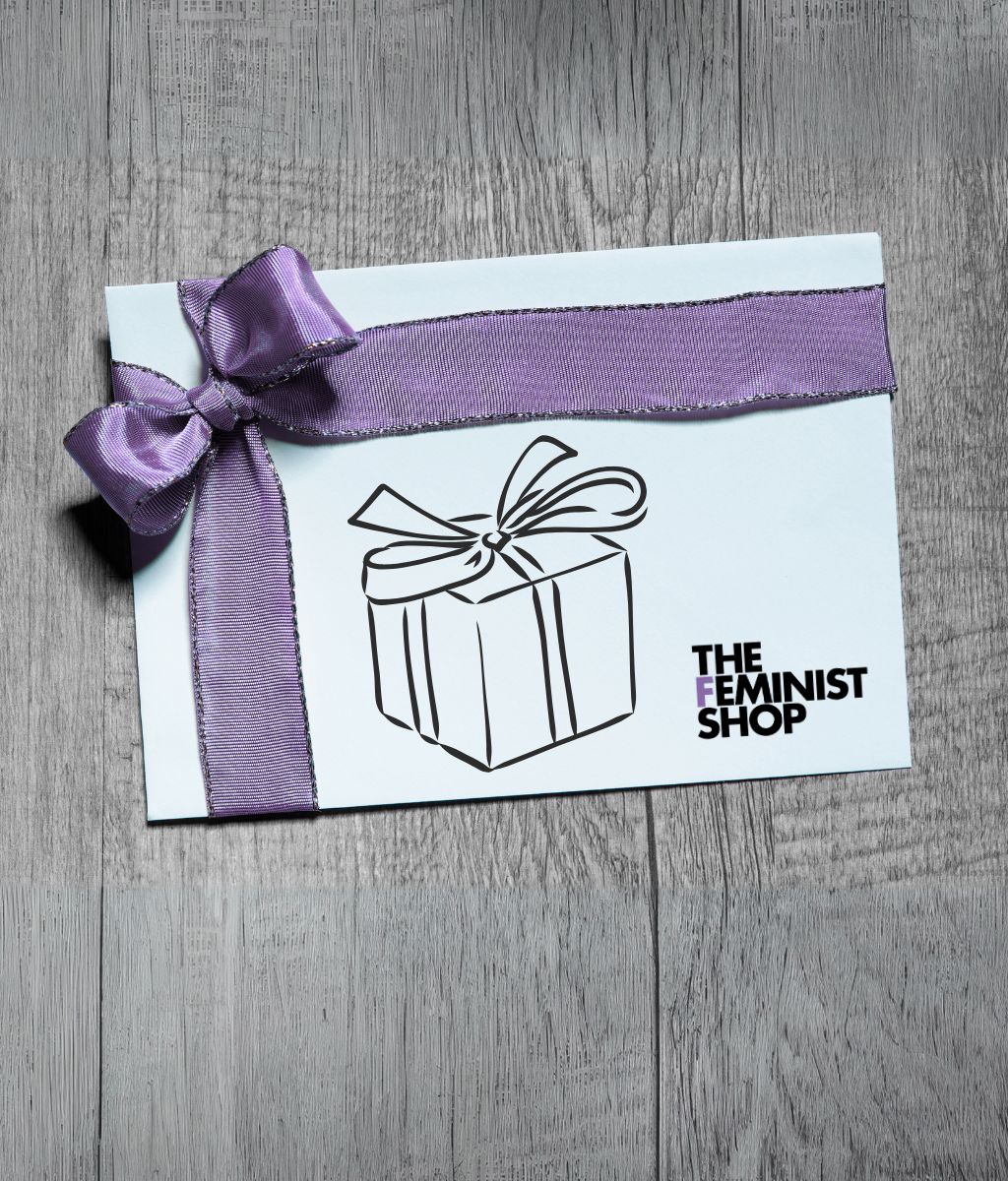
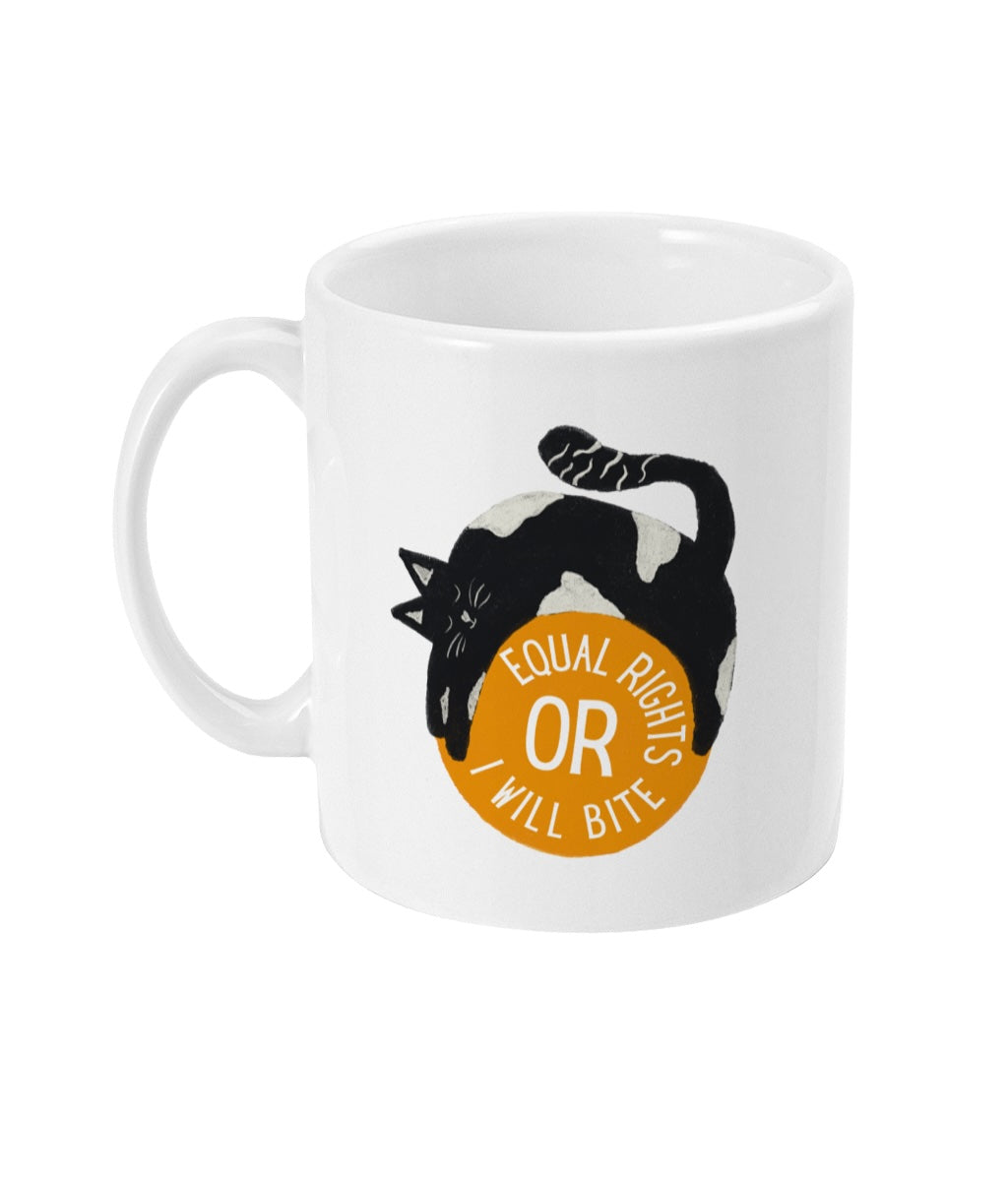
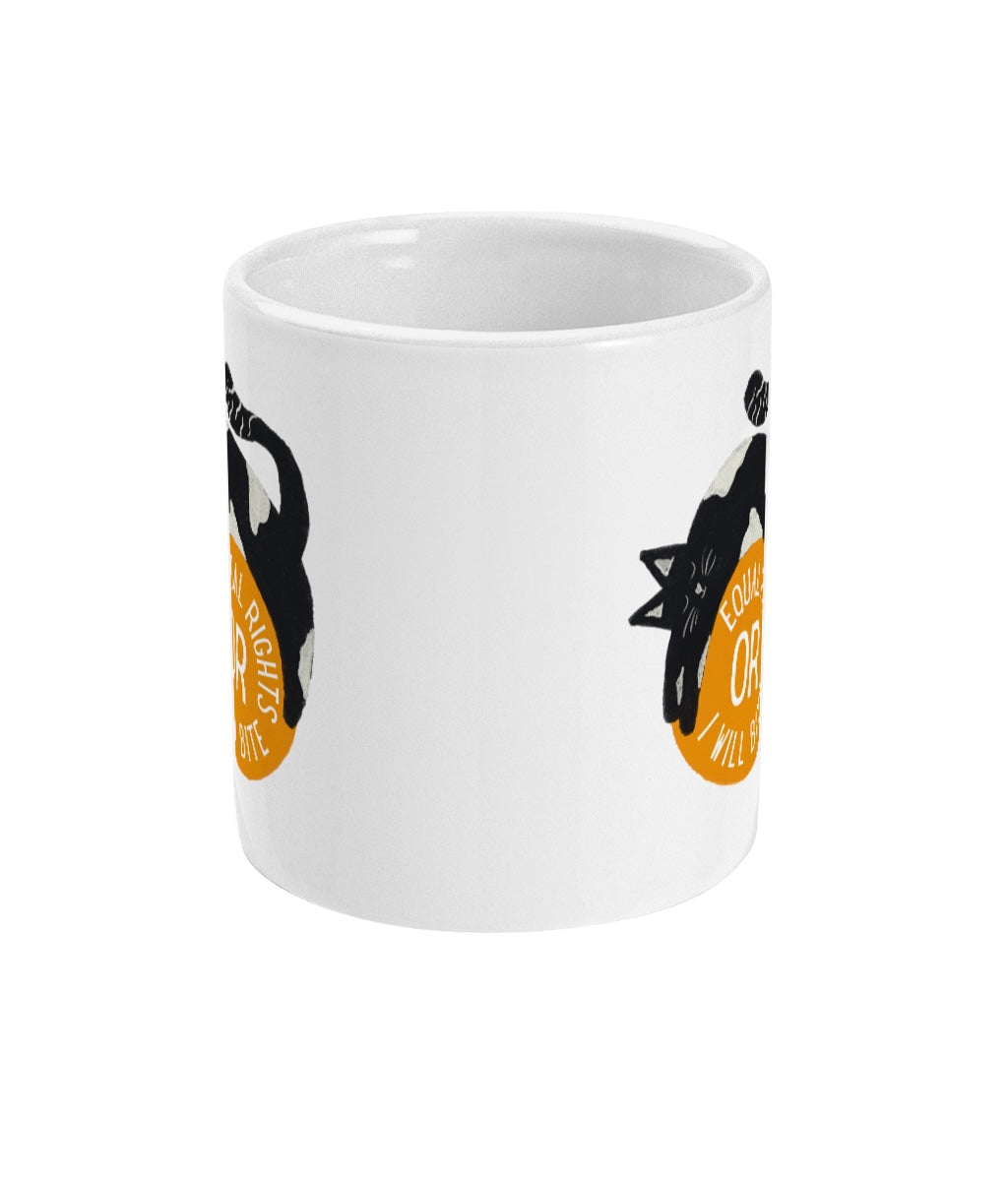
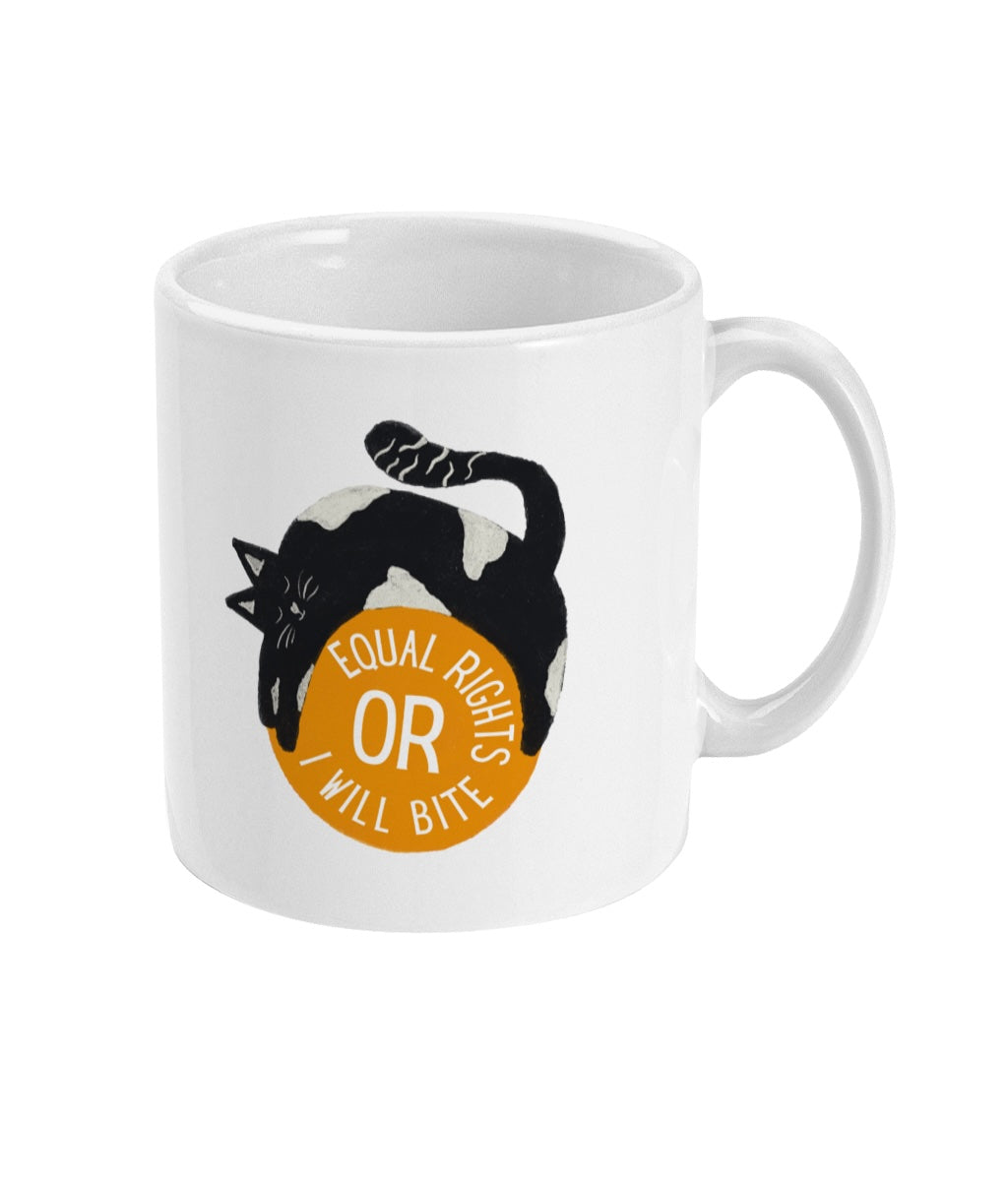
0 comments